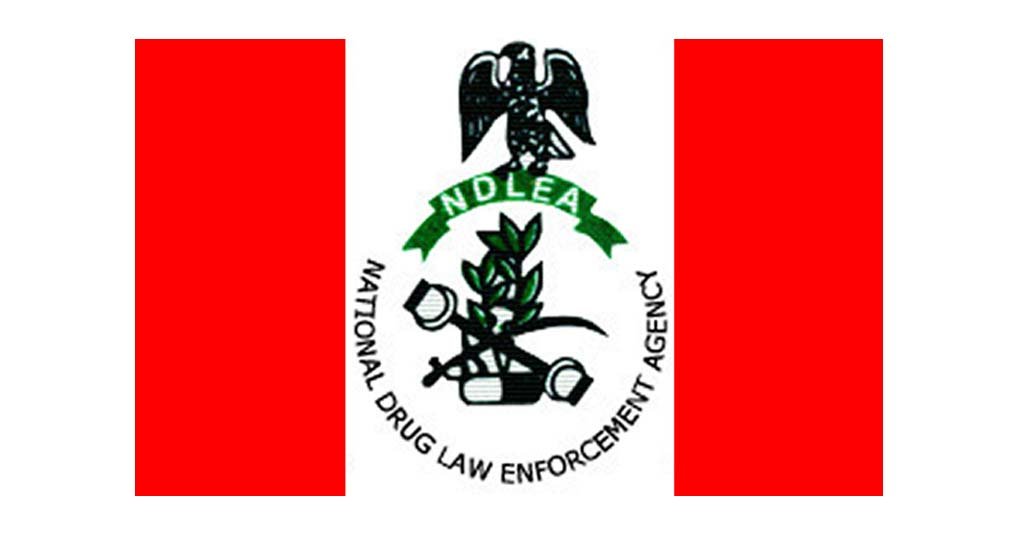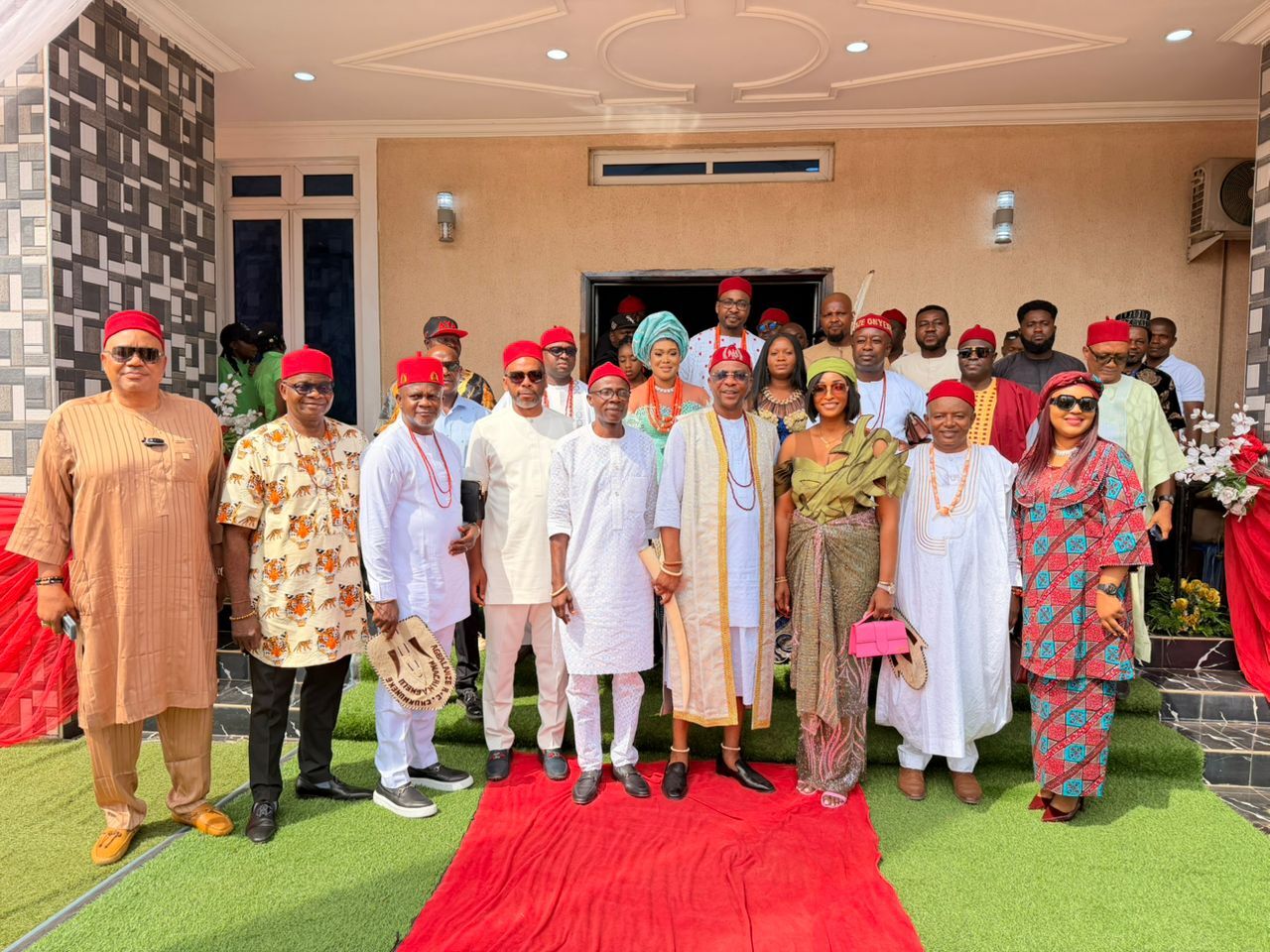The federal government said late Monday that diplomatic channels with Washington were working effectively to calm tensions following US President Donald Trump’s threats of military action over the alleged persecution of Christians.
Minister of Information and National Orientation Mohammed Idris told Sky News’ The World with Yalda Hakim, “Communication lines with the United States have been opened” and that discussions were helping US officials better understand Nigeria’s “diversity and complexity,” he said.
“We are talking to them, and they are beginning to see the situation more clearly,” Idris said. “Much of the information circulating is based on data that cannot withstand proper scrutiny.”
Trump’s warning, posted on his Truth Social platform on 31 October, accused Nigerian authorities of allowing Islamist extremists and Fulani herdsmen to kill thousands of Christians each year.
The US president reinstated Nigeria on the list of Countries of Particular Concern (CPC) for alleged religious freedom violations and instructed the Pentagon to consider military options, while freezing aid pending review.
The US State Department confirmed the CPC designation on 1 November, citing mass persecution in parts of northern and central Nigeria.
The decision reignited debate about religious and ethnic violence in Africa’s most populous nation, where clashes between Muslim Fulani herders and mostly Christian farmers have killed thousands over the past decade.
Abuja, however, insists that the bloodshed is driven by resource competition and criminality, not religion. Idris rejected the genocide narrative, arguing that Nigeria remains a constitutionally secular and multi-faith state.
“Nigeria has guaranteed freedom of religion under its constitution,” he said. “Conflicts in the Middle Belt are not religious wars.”
He also claimed that some of the US concerns were fuelled by lobbying linked to separatist groups, particularly the Indigenous People of Biafra (IPOB), which Nigeria classifies as a terrorist organisation.
“There is a direct connection between some US lobbyists and this proscribed group,” Idris said.
The comments follow weeks of escalating rhetoric between Abuja and Washington. On 4 November, presidential adviser Bayo Onanuga accused US Senator Ted Cruz of sponsoring misinformation after Cruz co-sponsored a resolution urging investigations into the killing of Christians.
The presidency claimed the senator had ties to IPOB representatives, who have stepped up lobbying in Washington this year.
IPOB, led by detained activist Nnamdi Kanu, welcomed Trump’s designation and called for an international inquiry into alleged state abuses. Since February, its envoys have met US lawmakers including Representatives Craig Goldman and Gus Bilirakis to highlight what they describe as the systematic marginalisation of the Igbo ethnic group.
Despite the row, Idris struck a conciliatory tone, calling for renewed cooperation on counter-terrorism.
“The United States has helped Nigeria fight terrorism in the past. We want that partnership to continue,” he said.
President Bola Tinubu, in a statement on 2 November, echoed the appeal for dialogue.
“The description of Nigeria as intolerant is inaccurate,” he said. “We will continue to work with the United States to resolve these concerns through diplomatic and political means.”
The dispute has drawn reactions from other powers. China, on 5 November, urged Washington to avoid interference in Nigeria’s internal affairs, while Russia’s ambassador in Abuja warned against neo-colonial adventurism.
Chad temporarily closed its northern border with Nigeria, citing fears of regional instability if US military action is taken.
Religious violence remains a serious concern within Nigeria. According to the National Human Rights Commission, at least 2,000 people were killed in communal clashes and insurgent attacks between January and September 2025.
The Nigerian Air Force continues operations against Islamist groups in the northeast, while local vigilante groups in the Middle Belt have struggled to contain reprisals between farmers and herders.
Meanwhile, Nigeria remains a major US counter-terrorism partner in the Sahel and receives about $500 million annually in military and humanitarian assistance. Washington, in turn, sees Abuja as a key stabiliser in West Africa, where jihadist networks have expanded since 2020.
See here for full interview on YouTube






